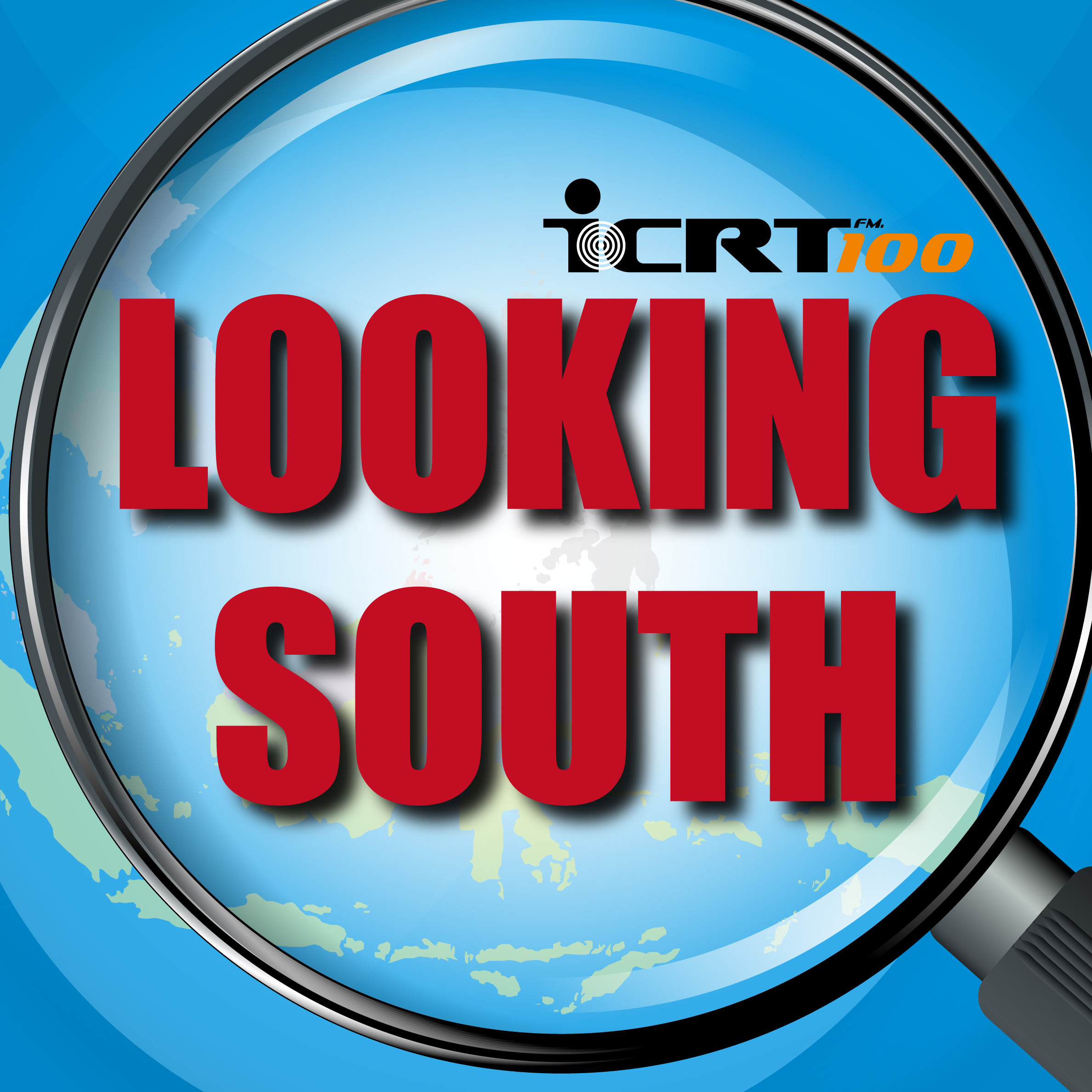In today’s episode of Looking South, Eric Gau speaks with Adam Hsieh, the Planning Division Director of the Workforce Development Agency, about the joint development of industrial talent.
Transcription:
Eric Gau: Good morning everyone. I’m Eric Gau, and you are listening to Looking South, here on ICRT. In today’s episode, we are speaking with Adam Hsieh, the Planning Division Director of the Workforce Development Agency. Director Hsieh, welcome to ICRT.
Adam Hsieh: Eric, welcome.
Eric: Director Hsieh, why don’t you tell us what role the WDA plays in the New Southbound Policy.
Hsieh: The New Southbound Policy’s core value is industrial talent development programs, to strengthen people-to-people connections. There are two main parts: conducting talent exchanges and industrial talent, which is relevant to the Workforce Development Agency.
Eric: Why is the development of industrial talent something we are doing with other countries? Why was this issue chosen to be part of the New Southbound Policy?
Hsieh: I have mentioned the core value of the New Southbound Policy is to strengthen the connections between people. Under this guideline, we have been working on cooperation with Southeast Asian countries. We have something to do about interaction with South Asian countries: first we promote some industrial instructor training programs. It is very important for our agency to promote the instructors’ training programs. We have implemented industrial instructor training programs from September 4th to November 3rd. In this program, we have included smart automation and green energy, with 19 trainees from New Southbound Countries, and some of them are from Eastern European countries. We also have promoted one of the Seed-Training Upscale Programs. This program is in cooperation with the local instructors of the APEC Skill Development Capacity-building Alliance.
Eric: In your view, what are some of the biggest hurdles that Taiwan is facing with these industrial talent development projects?
Hsieh: I think the first major program is Taiwan’s lack of comprehensive research and study on Asian countries. When we face complex language systems and different cultures, we should set up pioneering talents of Taiwanese when we want to promote some of the New Southbound Policy. And secondly, due to the special world political arena we are facing in the international community, Mainland China has great influence on Asian countries. There will be some restraints and competition that we have to overcome when we are developing ties with New Southbound partners. I think those are the two main problems we have to solve when doing the New Southbound Policy.
Eric: You mentioned several measures that have already been put in place by the Tsai government. What effects have those had so far?
Adam: As you know, in Taiwan’s New Southbound Policy, it’s supposed to help our Taiwanese enterprises in training their managers or their executives who will be assigned to Asian countries, so we have a lot of training for them. We also promote international mutual recognition of professional licenses. That means we assist foreign professionals in obtaining licenses. We used international government organizations and platforms, and some of the friendly countries, for example Australia. They help Taiwan promote some professional certification recognition programs. We also have established a very important system, called the point-based system. It’s for professional foreign talent or experts. When we set up the point-based systems, the foreign workers or foreign talents or professionals can establish an online database for talent recruitment and cooperation information of Taiwan businesses, and they can be recruited by Taiwan businesses. The last one is the easing of restrictions on working conditions for spouses of foreign talent or experts. When they want to be employed by Taiwanese companies, if they have the Alien Residential Card, they can seek employment directly without the requirement for a work permit.
Eric: Director Hsieh, how will these efforts continue in the future, and do you have any suggestions for the government on how it can refined these efforts to boost industrial talent here in Taiwan?
Adam: We have to do something about training programs. Because in the New Southbound Policy, the most important part is to set up people-to-people connections, and we also want to set up institution-to-institution connections. The training programs in Taiwan’s vocational training programs are very strong and positive programs to attract New Southbound Countries. They can send their experts and their instructors to come to Taiwan. We have held these kinds of programs since the 1990s, so there are a lot of trainers that form an ‘alumni network’ for Taiwan, if we want to develop ties with the New Southbound countries in the future. The second, with major proposals or adoptions to encourage foreign talent or experts to work in Taiwan, they can have more channels or platforms to exchange their talent. We will have to loosen some of the restrictions and bring more people to Taiwan.
Eric: We’ve been chatting with Director Adam Hsieh of the WDA. Mr. Hsieh, thank you for coming on the program today.
Adam: Thank you, Eric.
Eric: And that wraps up Looking South here on ICRT. I’m Eric Gau, and we’ll be back next week with another look at the New Southbound Policy.
